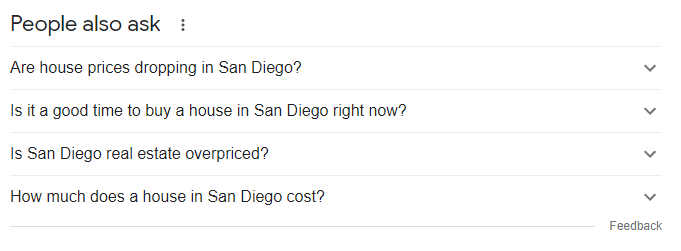A nifty little feature of ChatGPT is that it can read URLs.
So I decided to see how useful this would be for competitor SEO research.
I decided to use the search term “famous cruise ships”. This was the top organic result: The World’s Most Famous Cruise Ships on CruiseCritic.com.
Giving ChatGPT the URL, I asked it to write a content summary, word count, list of keywords, and an evaluation of quality and possible content gaps…
The summary was pretty good:

So that gives us an idea of what we’d need to do to outrank this content: Write more than 1315 words describing famous cruise ships, with images and links.
Obviously, if we don’t have a website like Cruise Critic to support the page with relevant links and create an authoritative content cluster, then this will probably fail. But it’s a start!
OK, so what do we use to hit a word count of maybe 2000 or more? Well ChatGPT had an answer for that too:

Great! But what information is missing that we can provide? For this I asked ChatGPT for keywords that were LACKING in the original.
Through a few iterations I kept getting keywords including words like “deal”, “review”, “prices”, and “packages”. That’s good if I’m selling tickets to a specific cruise, but is that what my audience is after?
I asked ChatGPT what kind of search intent the article was geared towards, and it (correctly IMO) identified that the article is giving general information about cruise ships. That means that Google is treating the search query “famous cruise ships” as one motivated simply by a desire to learn about and research cruise ships - so we have to cater to that intent as well.
To get the right keywords, I asked: “Give me ten keywords like the ones above, but remember that our focus is on people who simply want to learn about cruise ships, not people planning on booking a trip or taking a vacation”
In reply, I got these:
- History of cruise ships
- Anatomy of a cruise ship
- Technology on cruise ships
- The world’s largest cruise ships
- Famous cruise ship disasters
- Secrets of cruise ships
- Design of cruise ships
- Life on a cruise ship
- Environmental impact of cruise ships
- Cruise ship safety procedures
These are all great sub-topics to cover in my article to make up the content gap. Add in a FAQ at the end to answer Google’s “People Also Ask” questions and this will probably be a winning article!
Remember: ChatGPT is an advanced word-association machine, not really a “thinking” machine, so there’s a lot of analysis and research not covered here, not to mention the irreplaceable SEO expertise required to know when you’re getting the right results and when to keep digging.
Anyway - that’s a little sample of some experiments using ChatGPT for SEO, just one of the interesting uses of AI that we’ve covered recently.

